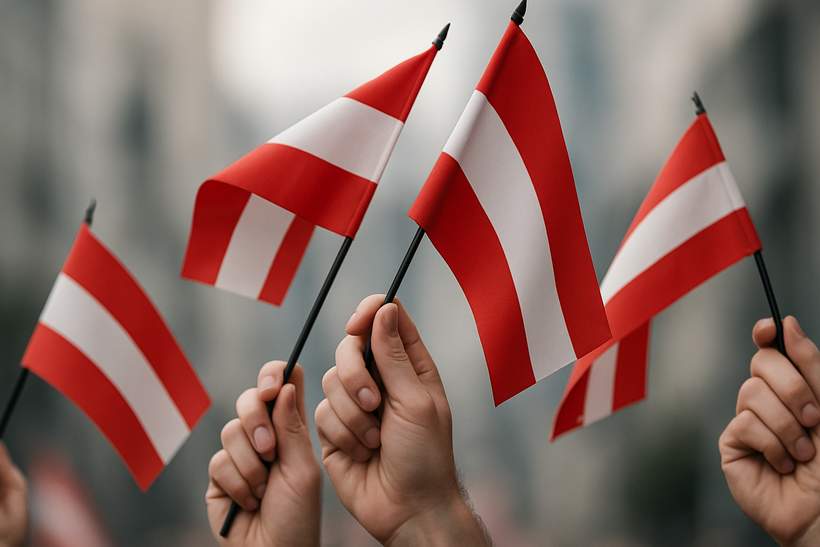Austria Approaches Major Overhaul in Gambling Legislation

Austria Prepares to Introduce New Gambling Legislation
Austria is on the brink of launching a significant online gambling law after the Austrian People’s Party (ÖVP) and the Social Democratic Party of Austria (SPÖ) reached a consensus on crucial regulatory matters. The proposed bill is expected to be presented for political discussion soon, with the goal of putting it into effect during the latter half of the first half of 2026.
Consensus Between Political Parties on Reforming Gambling Regulations
This legislative push comes as the current licenses for lotteries, online gambling, and six land-based casinos are set to expire in 2027. A previous attempt to establish a dedicated gambling regulatory authority under the former ÖVP-Greens coalition failed due to disagreements, mainly about player protection policies.
Representatives from both parties, including ÖVP’s budget spokesperson Andreas Hanger and SPÖ’s Kai Jan Krainer, have agreed on the need to tighten regulations and enhance player safety, especially targeting the flourishing online gambling industry. Currently, the Austrian Lotteries hold the only domestic license for online gaming.
Discussions to end the state monopoly on gambling have been ongoing for some time. It is anticipated that Casinos Austria, the national gambling operator, will lose its exclusive rights by the end of this year. This change could open the market to potentially up to 30 licensed operators.
Outstanding Issues Await Resolution
Several important political issues have yet to be settled, including whether the number of gambling licenses will be capped or allowed to be unlimited. Additionally, the government is reviewing technical and legal measures to block unlicensed websites and prevent payments to operators without proper authorization, which would restrict deposits from Austrian bank accounts.
These measures target the ongoing problem of international gambling operators attracting Austrian players through a grey market. Some of these operators possess licenses from other EU countries like Malta or Gibraltar and pay taxes, while others operate illegally, contributing nothing to Austria’s system. Recent legal battles have seen players reclaiming losses from unlicensed operators to whom such protections apply.
Once the draft is examined by financial authorities and the Council of Ministers reaches consensus, the European Commission in Brussels will be informed. Should this process move forward, Austria’s gambling industry could undergo one of the most transformative regulatory changes in Europe’s competitive gaming market.